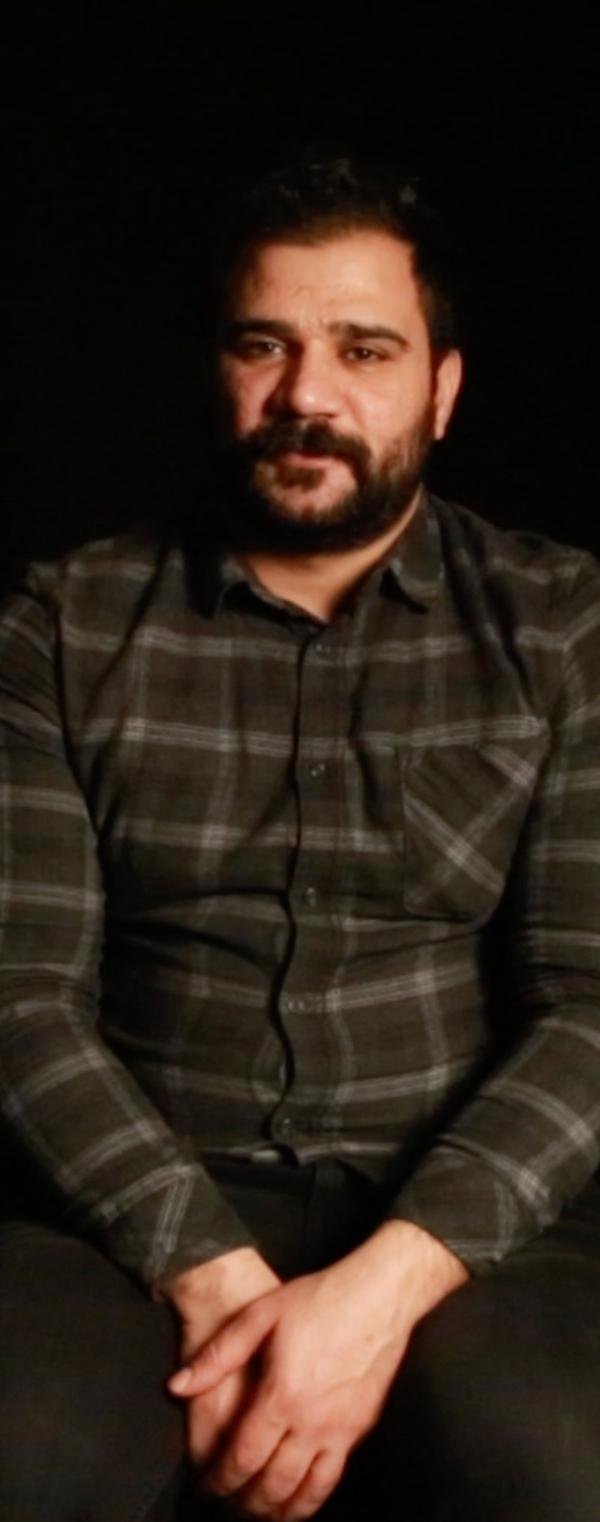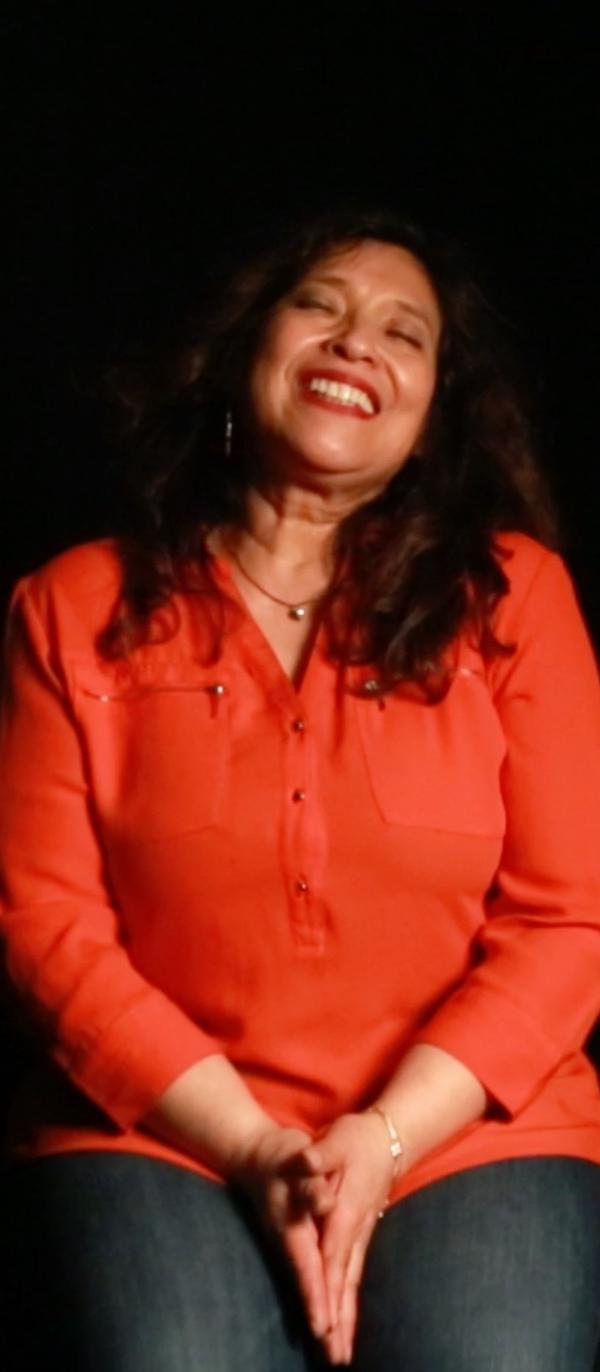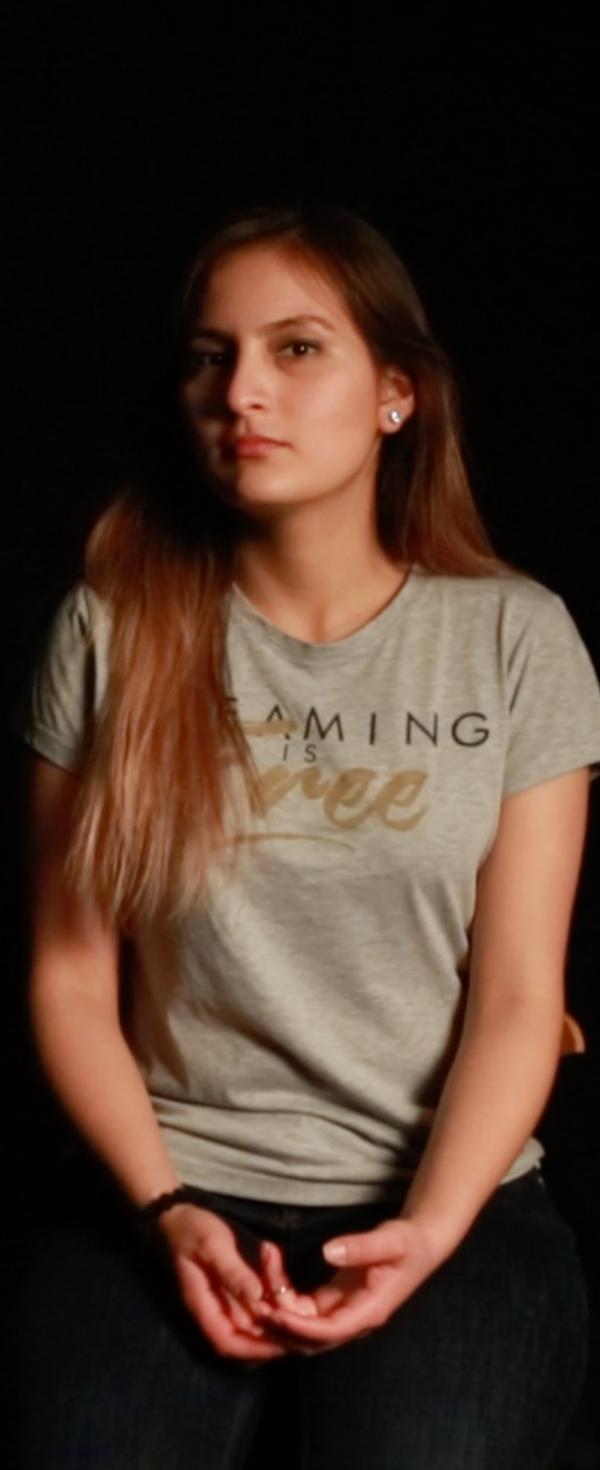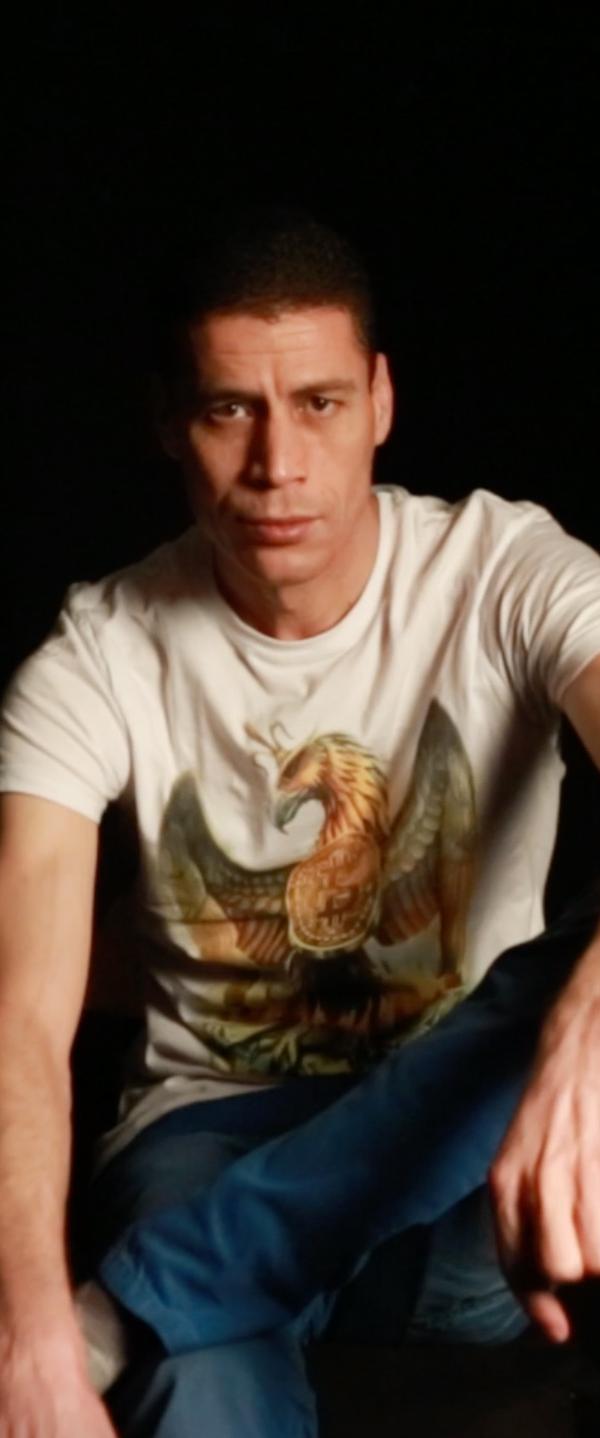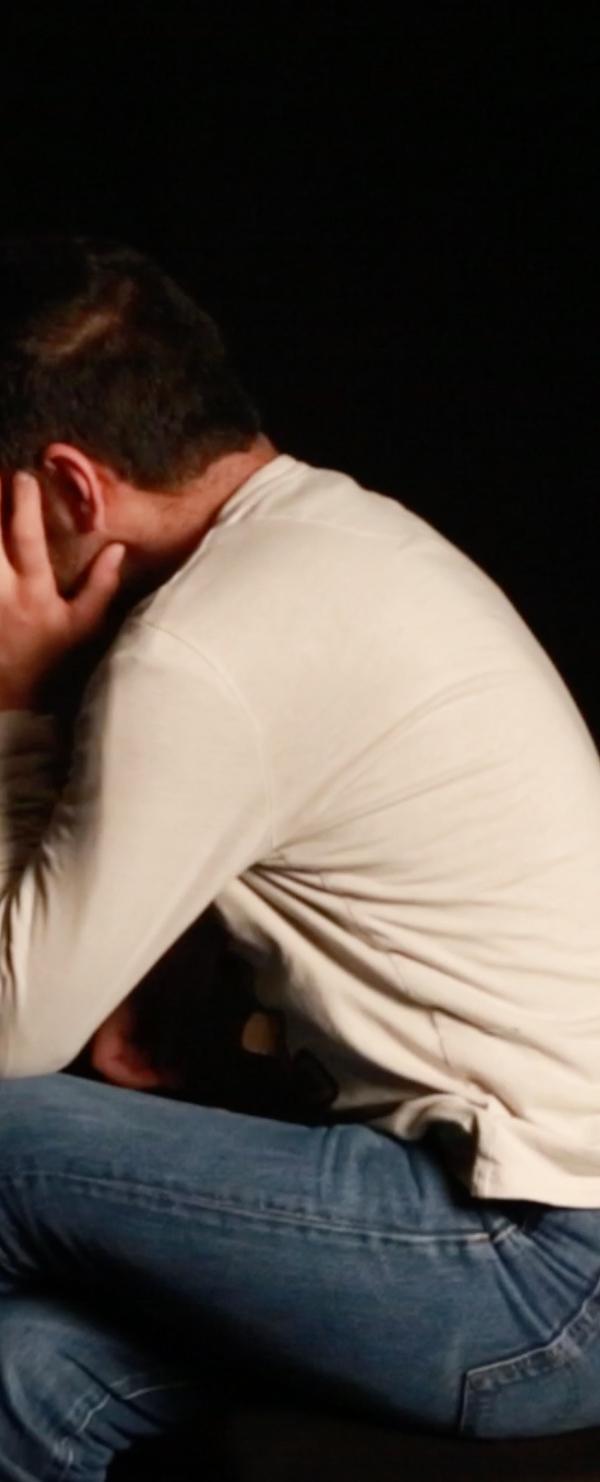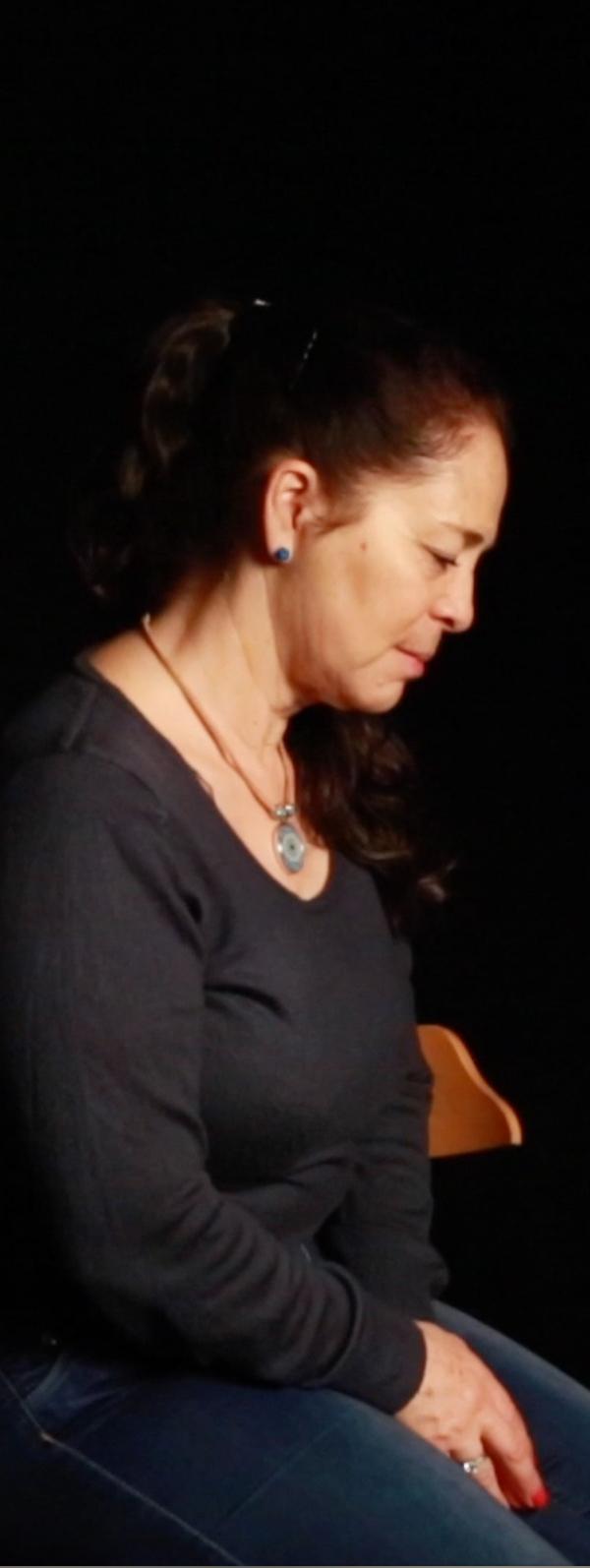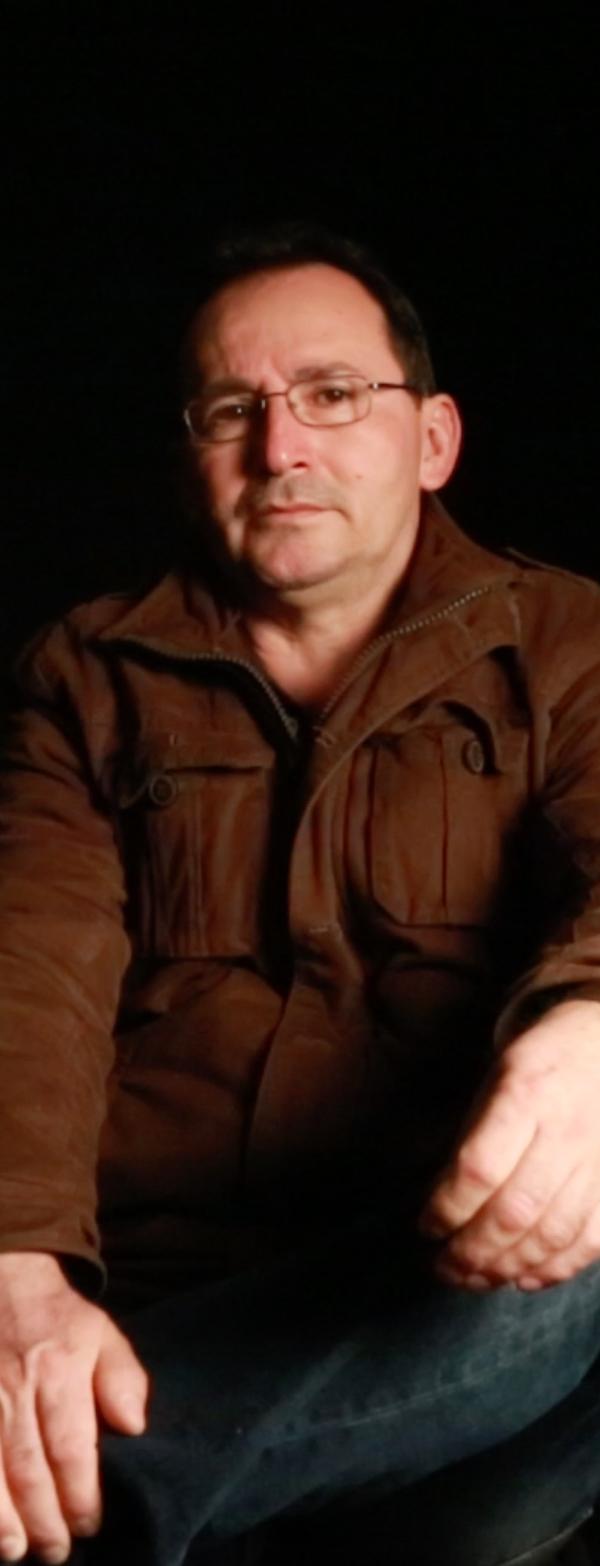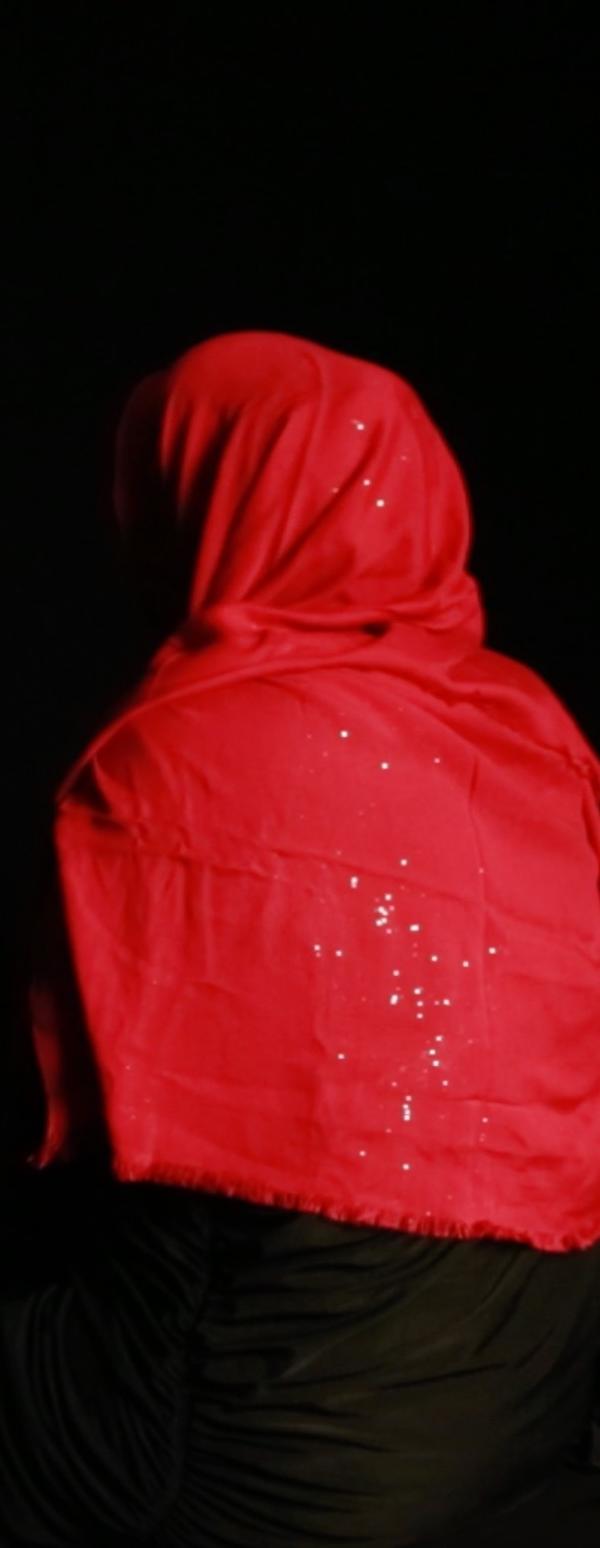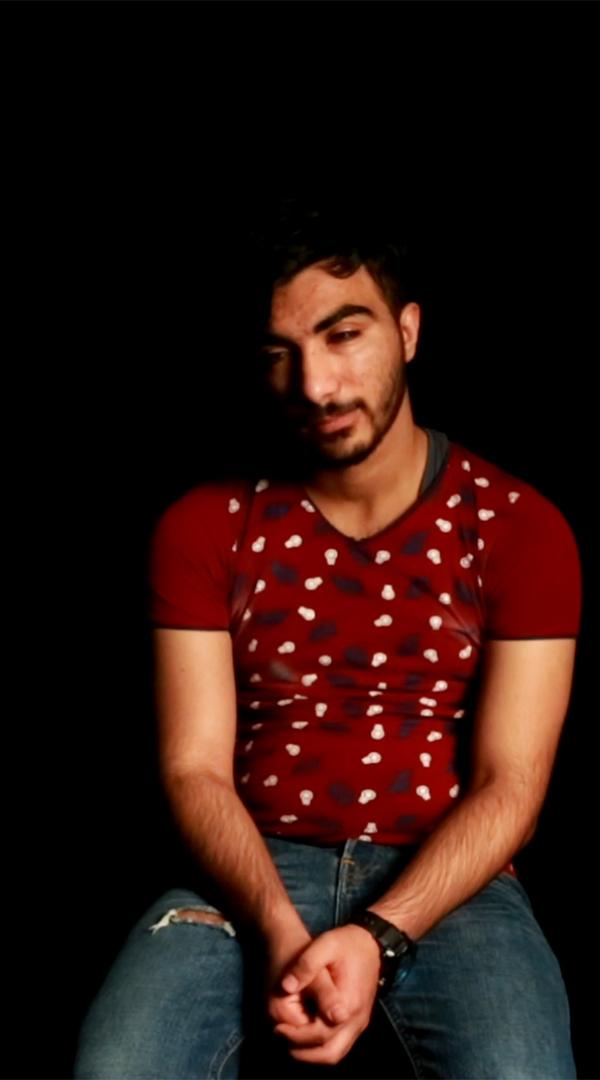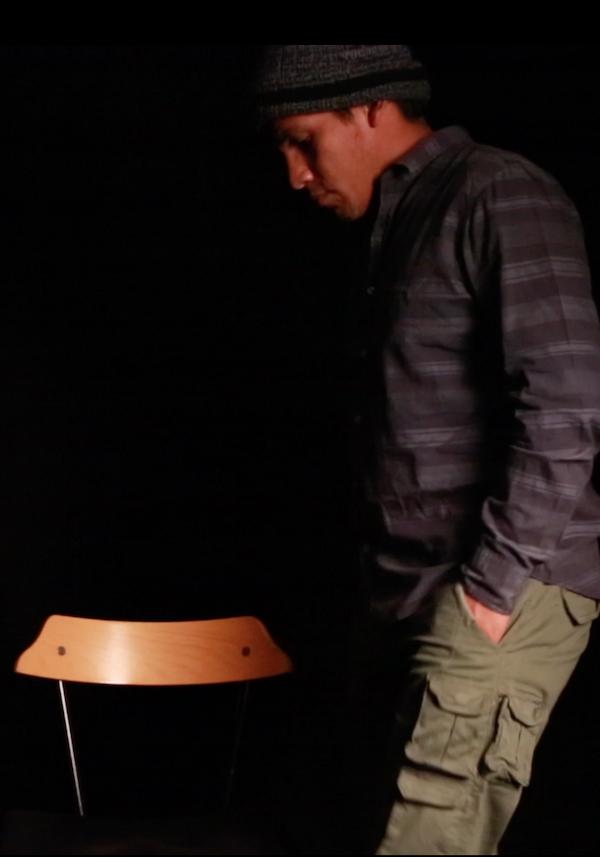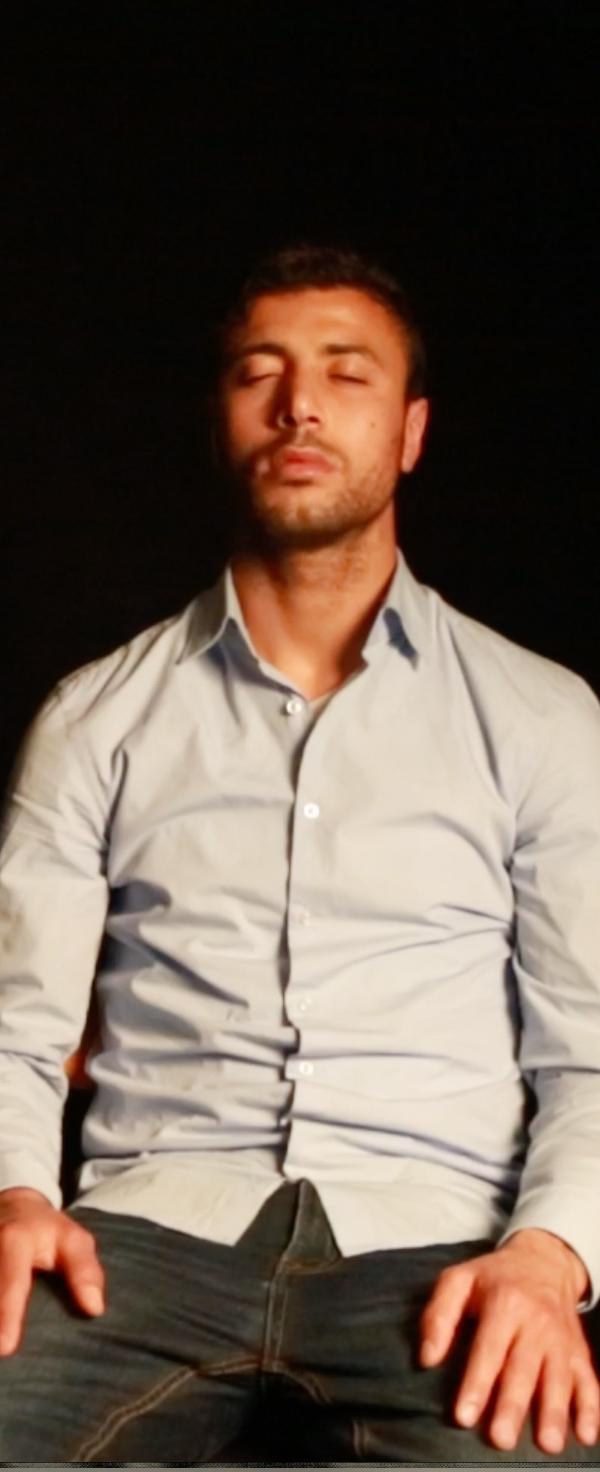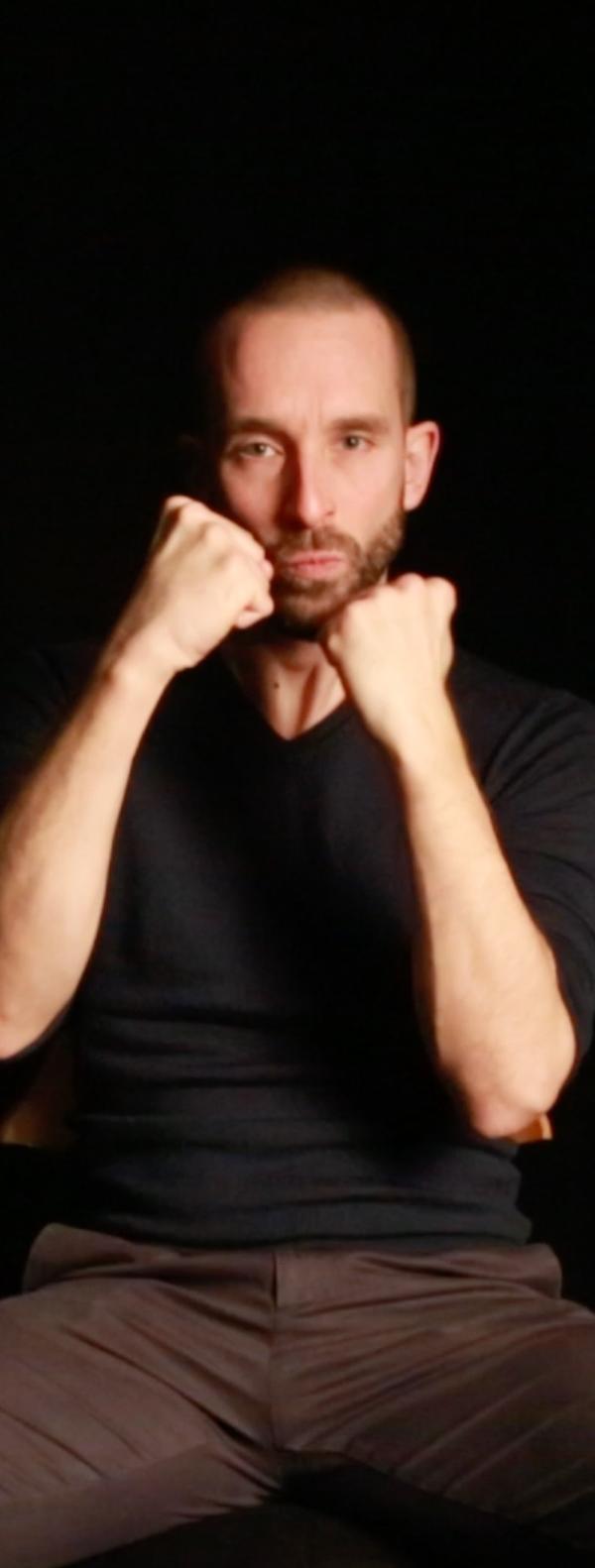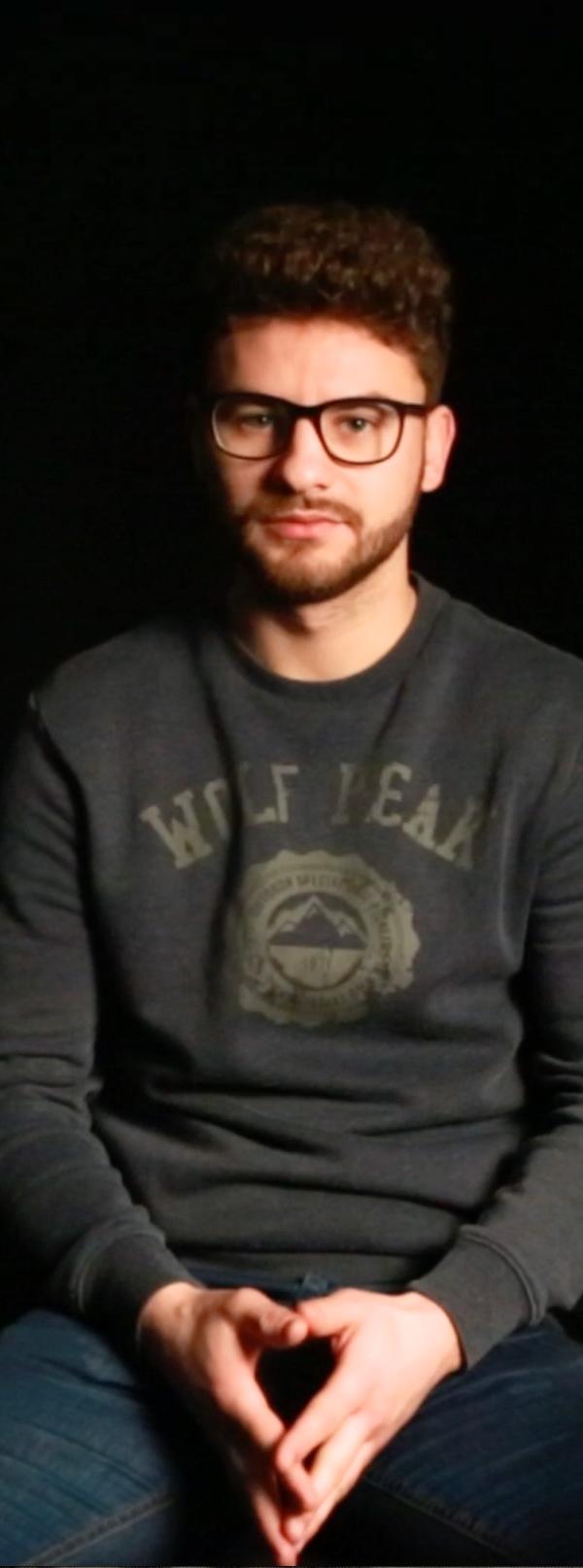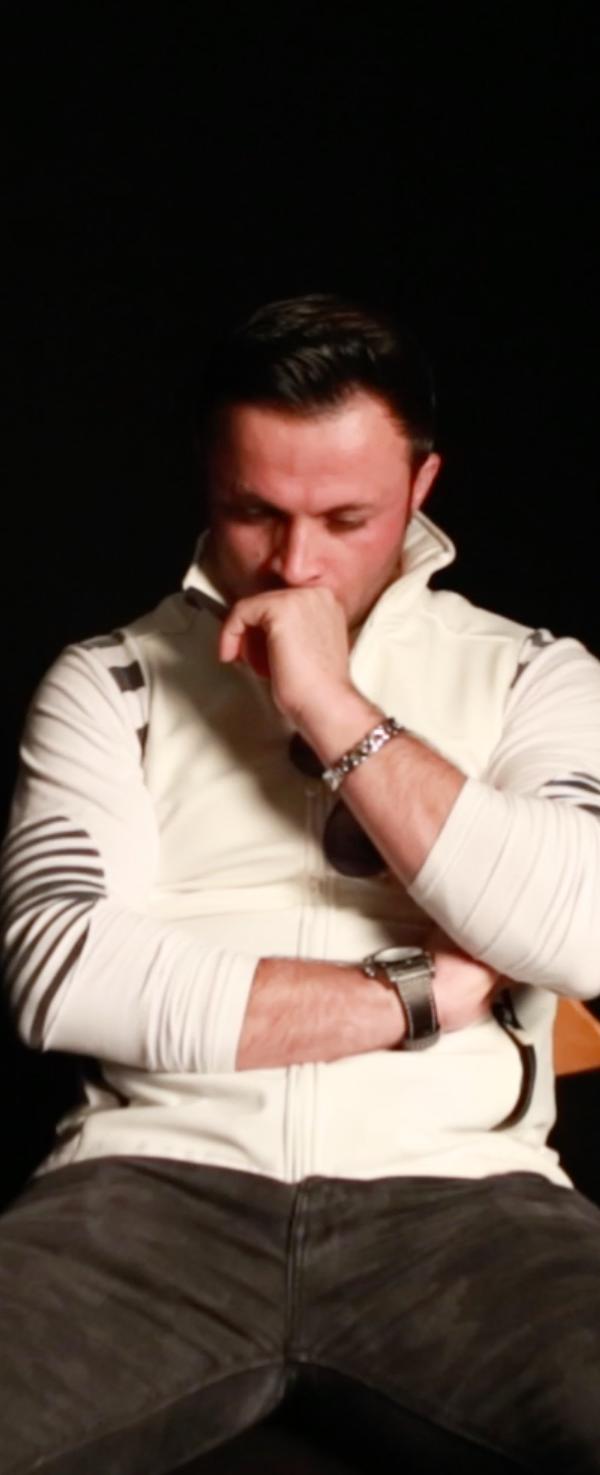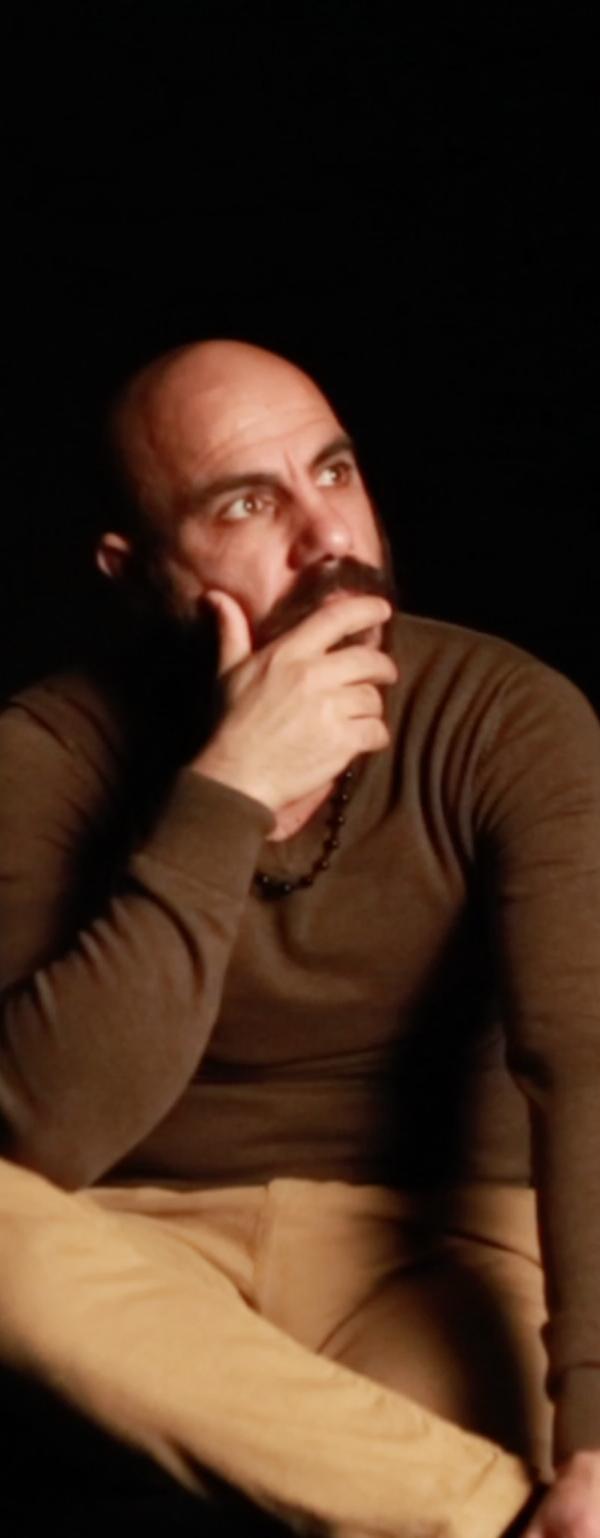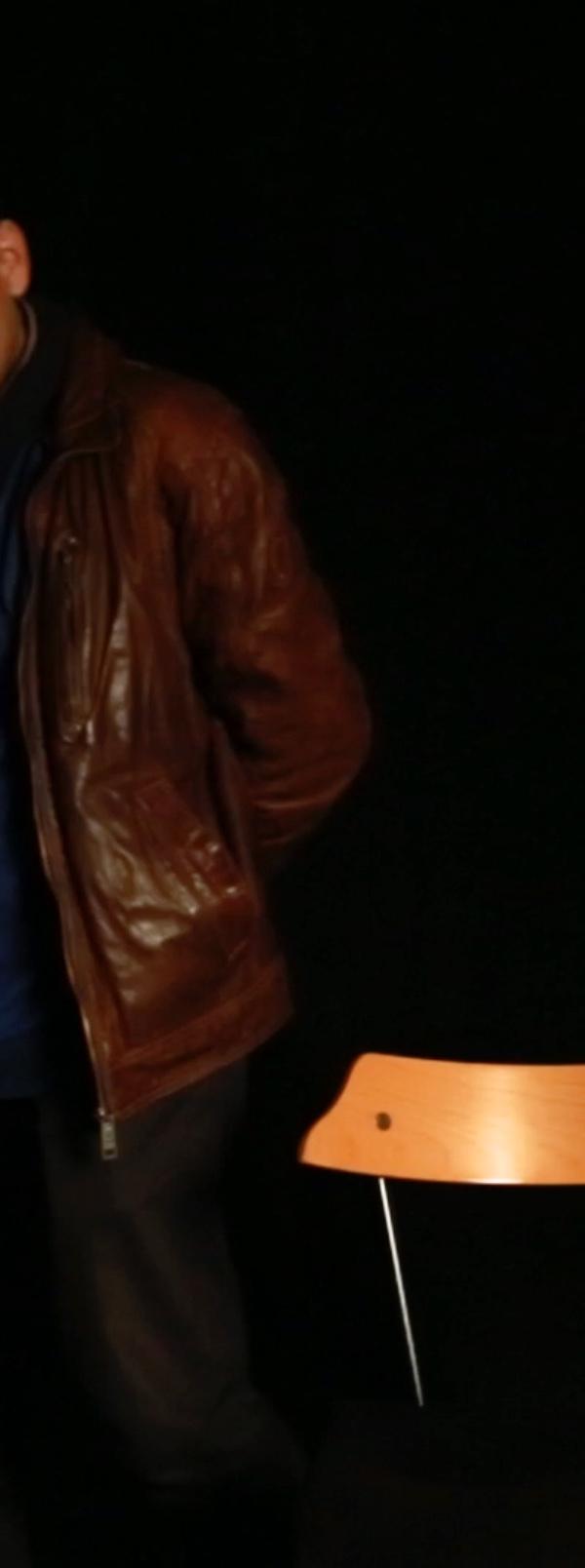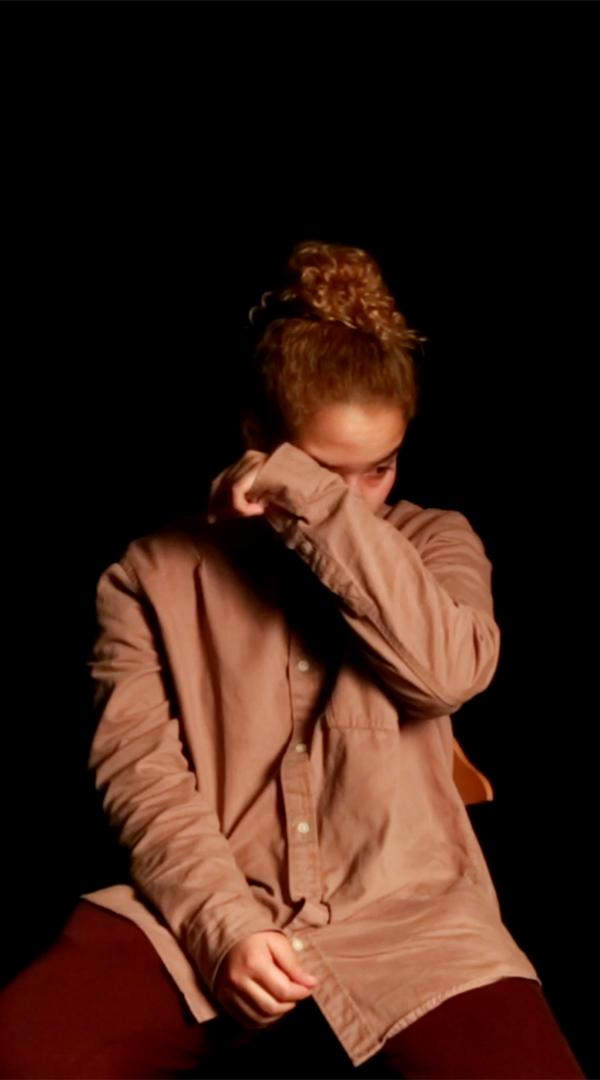A friend came to see me in a dream. From far away. And I asked in the dream: ‘Did you come by photograph or by train?’ All photographs are a form of transport and an expression of absence.
—John Berger, A Seventh Man
In February 2018, during the peak of the European migrant “crisis,” a delicate partnership was formed between the Museum of Dreams and Centre de la Roseraie, a migrant community centre located in Geneva, Switzerland.
This was a moment when record numbers of refugees and migrants were forced to make perilous journeys across the Mediterranean in search of refuge from violent conflicts at home. Images of overcrowded boats and drowned children were making headlines and feeding political dissension. The circulation of these images was capturing public attention and simultaneously extending the violation of human dignity.
Together with the photographer Martina Bacigalupo, we discussed these issues and decided to create a different kind of portrait of the migrant experience—one that privileged what Édouard Glissant called, “the right to opacity.”
In the basement of the migrant centre we constructed a Reverie Booth. Our aim was to create a place of refuge, a “room of one’s own,” where people could experience a moment of respite. A tailor from Syria helped us manage the black fabric we used to line the walls.
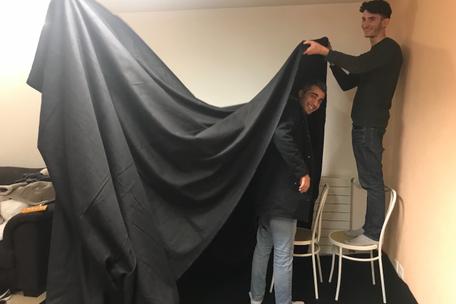
Over two days in March 2018, everyone who passed through la Roseraie was invited to spend 5 minutes alone in the Reverie Booth. We borrowed this duration from a line of a poem by Mahmoud Darwish. There were no other instructions. A camera and a single light were the only companions in the booth.
Afterwards, we sat with each person to learn what came to mind in those five minutes: Where did your mind go when it was given the opportunity to wander freely?
Nabil
“I take medicine to sleep. I have a lot of nightmares. There was a lot of fighting in my city. I worked for the Red Crescent. I helped people who were wounded. I’ve seen many dead people. Many people who were wounded. Missing limbs.”
Marisa
“My husband is in Peru, my daughter is in France, and I am here by myself. I’m here because of my daughter. I want to bring her here, to reconnect with her. That is what all mothers want: a better future for their daughters.”
Mel
“I am a shy person and there is always something stopping me. In my mind, I think something—for instance, I want to jump, to run, to yell—but then, I look at people and I start feeling shy. I wonder, “What would people think if I do this or that?””
Mohamed
“I’m a businessman, I’m always thinking about businesses, I dream about them, nothing else. Or about the currency I sell, or that I can buy. This is what I think about, nothing else.”
Berdan
“Freedom. Personal freedom, that’s really important for me. Because where I am from, you don’t find yourself very free. If you don’t have freedom, you cannot live.”
Patricia
“I feel sad because my country is bad. My sons and daughter are still there. It was difficult to raise them. They are very smart and they tell me that I left the country at the right time. Here, they cut off your wings.”
Octavio
“I don’t like enclosed places. I always have to have a window. So, it felt a little bit strange to be here by myself. I had a lot of thoughts; many things crossed my mind. I was thinking about my family. I am far away from them.”
Rosa
“I worked independently since I was 20 years old, and thank God, there were people that helped me. Other people didn’t pay well. When you work, they only give you just enough to eat. I want to address my message to the people who conduct these illegal trips and sell a false image of Europe. Don’t believe them. They are liars.”
King
“Sitting alone in the booth, my heart aches a little. So, I needed to go to the sea, to find a bit of relief. I need to dance with my friends, to lose myself for a while, to forget my worries and problems.”
Juan Carlo
“I think that it’s important to be by yourself sometimes, because it allows you to think. You can think about the things you do, the things you want, the direction of your acts. You can only do certain things after questioning yourself.”
Elan
“When I am by myself, I think negatively. I surf the Internet in order to forget. Sometimes I feel like a heavy weight on my shoulders. I have two countries inside me: Italy and Morocco. In here, I found myself thinking about where I was born, in Morocco.”
Fabrice
“It’s been a long time since I’ve been able to take time alone for myself like this. It felt good to listen to the complexities that are inside me. I feel a lot of anger, and a lot of joy, too, and I think this is what makes up my center of gravity, my balance. I am inhabited by so many stories, so many events, so many, many noises.”
Mirta
“In my country, I suffered a lot for being gay, and I won’t go through that again. That’s why I will not return.”
Cirak
“I was born after the war in the former Yugoslavia. I lived through the atmosphere that followed. In fact, I stayed in my home country until I was eight years old and I started school there. I felt it a bit, as a child. I felt the tensions even with my classmates. It was quite a strange feeling.”
Aylan
“I have one problem in my heart: I can’t love anyone. Because it is too difficult. Because if I love someone, if I remember my family, if I think about my mum, about my brother, my sister, I cannot live.”
Sherlock
“I want to see my mother and father before they die. I had a dream in which my mother told me that I would marry and have children, but that she wouldn’t live to see my children. When I am alone, I always think about this dream. ”
Hamid
“One week I was in a solitary cell. It’s very difficult. No one spoke to me. No one comes. Just the voice of silence. It’s a bad memory. I was a journalist. I saw terrible things in the streets during the Iranian Green Movement. Sometimes I have nightmares about it.”
Tobin
“All day we’re surrounded by images and sounds. We don’t have silence for ourselves. Sometimes the silence can be scary. Being here in the silence made me think about things. It was a bit difficult. I feel a bit lonely because I don’t have any friends in this city.”
The Reverie Project was exhibited in Milan, Toronto, Geneva, and Genoa.
Geneva research team: Martina Bacigalupo (Agence Vu’), Fabrice Roman (Director, Centre de la Roseraie), Sharon Sliwinski (Western University)
